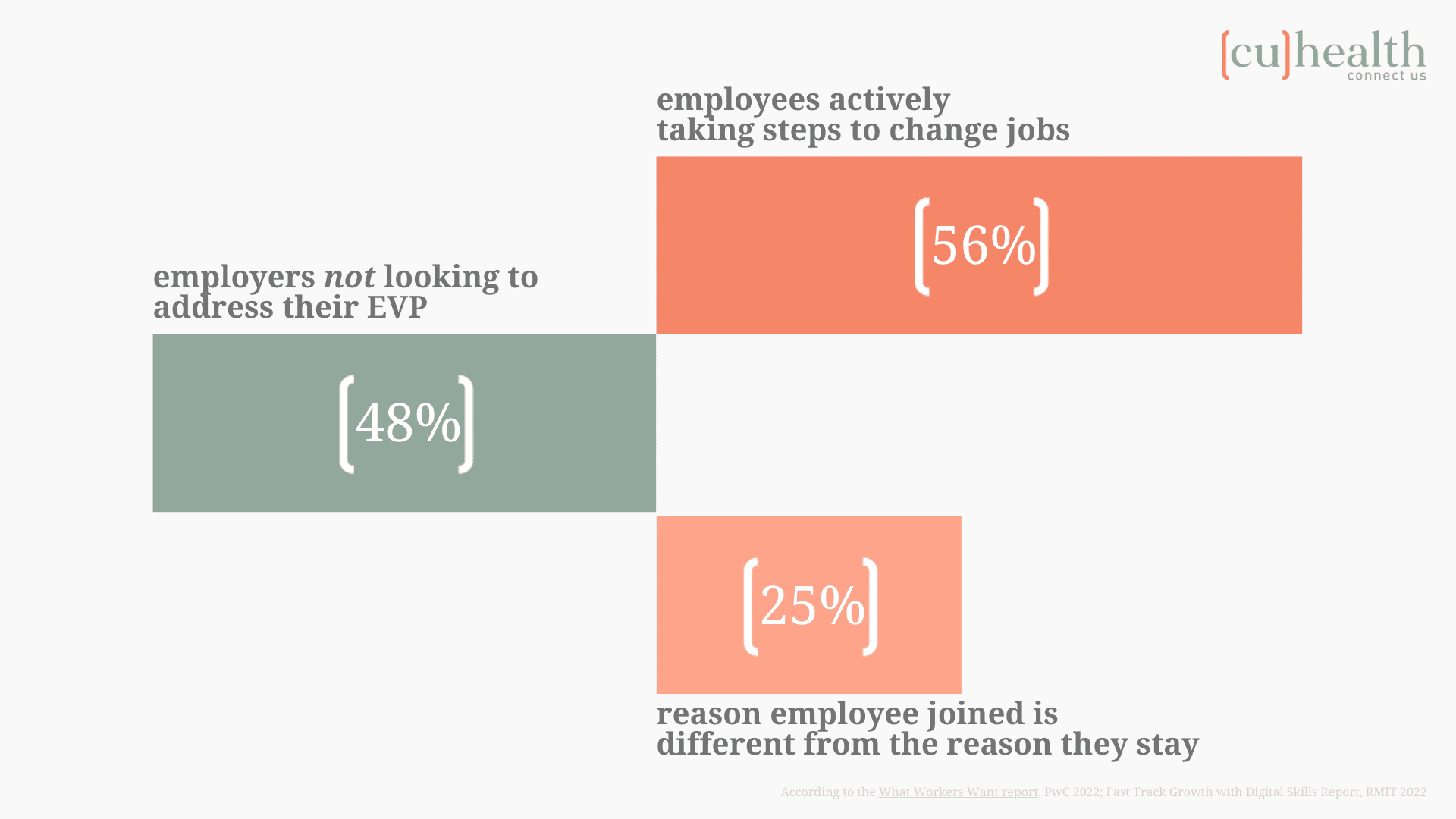The economy is looking unsure & there are redundancies happening now and more are predicted. How can you weather that storm in a way that keeps your remaining employees happy?
We’re all living through an unusual moment in time. The economy flatlined during the darkest days of COVID – intentionally comatose and put on ice to weather an even more dangerous storm – and then revived, suddenly awake again, our GDP and employment figures bouncing all over the place; a tachycardic resurgence.
Now we’re up and about. We’ve got the lowest unemployment figures on record and there is still an enormous amount of turmoil. Many companies whose profit models have been put through the ringer over the last couple of years – in good ways and bad – are now staring a round of redundancies squarely in the face. Recessions are predicted across many major global economies, including our own, across the next 12 months. With that shift, some layoffs are likely.
We know from past recessions that redundancies put more stress on the people left behind. But unlike previous downturns, The Great Resignation has created a psychological shift in the way people think and feel about work and work-related discomfort. One study by RMIT and Deloitte Access Economics this year showed that 56% of Australian employees had taken some steps to change their current employment situation over the four weeks leading up to the survey period – updating resumes, actively looking at job ads and going to job interviews. People are just less afraid to leave a job than they once were. In the current employment market, with a breadth of opportunity out there for high-performers and with that psychological shift firmly in place, retaining your top talent through a downturn is going to be tougher than ever.
So, what can you do to maintain yourself as an employer of choice through a round of necessary layoffs?
Know what your people want
Research has shown a major disconnect between what a company thinks is important to their workers and what those workers actually value most. For example, a report this year by PwC showed that while management thought alignment between corporate values and personal values was their most important employee value proposition, the thing people really cared about most was “working with good colleagues”.
Where companies thought people really wanted upskilling and coaching, employees were actually far more concerned about being given autonomy and flexible working conditions.
One of the highest-ranking issues according to employees, and this is supported by these other results as well, is support of their wellbeing. Almost a quarter of all respondents said that wellbeing support and programs was more important than any other employment factor. More than salary, more than career development, more than any other incentive.
Wellbeing is not just a fad. It is the new baseline for continuing employment.
Start a conversation with a CU Health expert today and start your organisation’s journey to becoming a wellbeing employer of choice.





